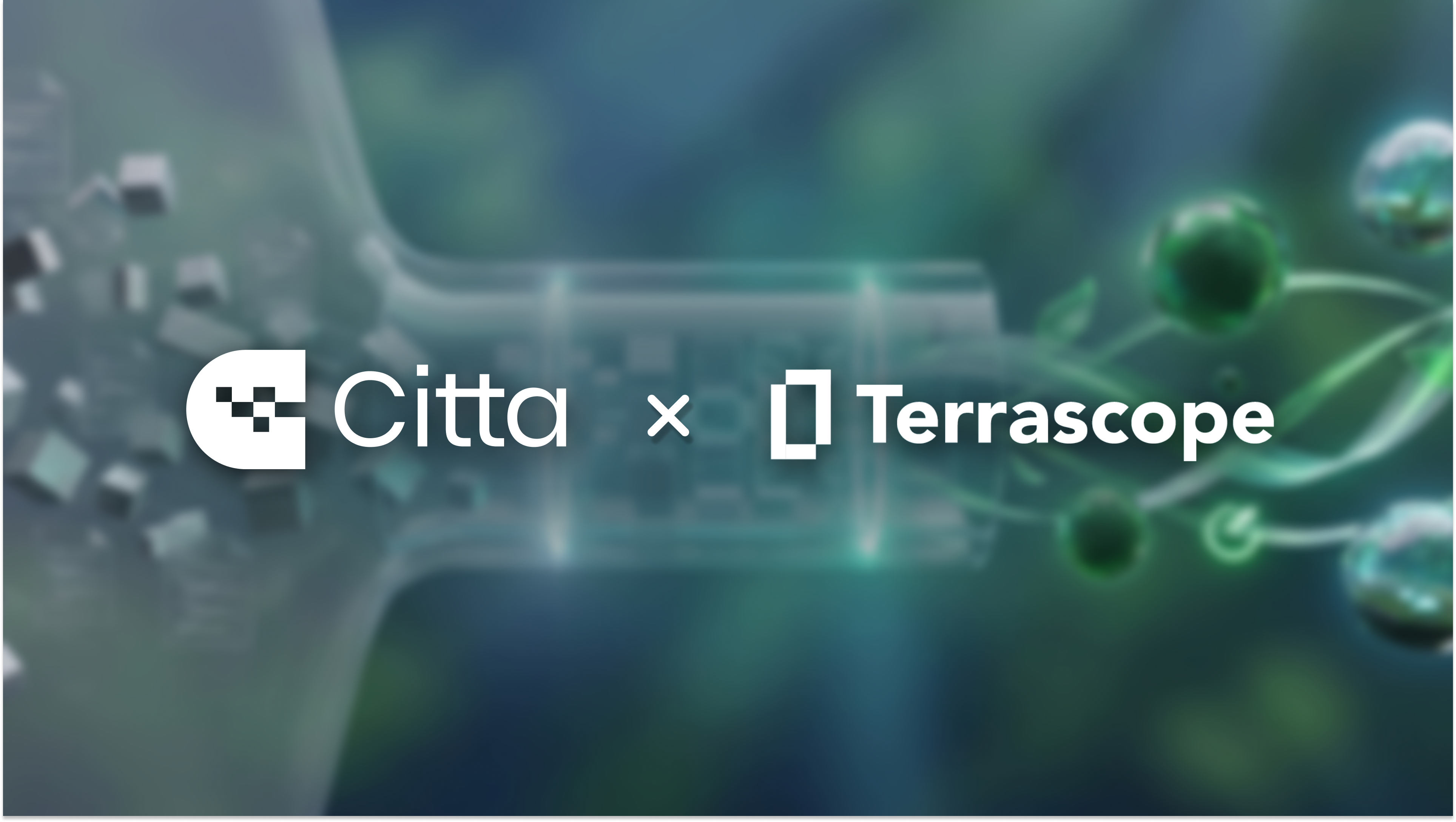Methodology
This roundup includes platforms that meet the criteria below:
-
Were named strong or leading players over the last 12-18 months by at least two independent analyst firms in relevant vendor rankings/evaluations.
- Have proven global scope via public case studies covering North America, Asia Pacific, Latin America, and Europe.
Platform Categories: Carbon-First Platforms
vs. Broader ESG Solutions
Before diving into the top carbon management platforms, it’s useful to clarify an important distinction that often gets blurred in the market: the difference between carbon-first platforms and broader ESG or sustainability software suites.
Carbon-first platforms focus primarily on measuring, managing, and reducing greenhouse gas (GHG) emissions — typically across Scope 1, 2, and 3. Their strengths lie in data collection and harmonization, emissions factor application, decarbonization modeling, and often supplier engagement. These platforms tend to serve operational sustainability and climate teams that need precision in carbon accounting and action planning. Examples in this space include Watershed Technology, Sweep, Normative, Terrascope, and Persefoni — all of which have emerged to meet growing demand for Scope 3 data quality and decarbonization readiness.
On the other hand, broader ESG platforms — sometimes referred to as ESG reporting or sustainability management suites — address carbon accounting as just one module within a larger set of capabilities. These tools often integrate regulatory reporting, materiality assessments, performance management, auditability, and financial integration to support compliance with frameworks like CSRD, ISSB, or SEC climate disclosure rules. Examples here include Wolters Kluwer, Sphera, IBM Envizi, Salesforce (Net Zero Cloud), and Microsoft.
In practice, many large enterprises end up using both: a carbon-first tool for precision emissions management, and a broader ESG suite to consolidate reporting and financial controls. Understanding where a vendor sits on this spectrum can help organizations align their software choices with their core priorities — whether that’s improving data quality, achieving net-zero targets, or meeting disclosure requirements.
Results (in Alphabetical Order):
| Vendor | Publicly Cited Strengths | Classification | Indicative Price Tier* |
| IBM Envizi |
|
Broader ESG | $$$ |
|
Microsoft |
|
Broader ESG |
$$$ |
|
Normative |
|
Carbon-first |
$$ |
|
Persefoni |
|
Carbon-first |
$$$ |
|
Salesforce (Net Zero Cloud) |
|
Broader ESG |
$$$ |
|
SAP |
|
Broader ESG |
$$$$ |
|
Sphera |
|
Broader ESG |
$$$$ |
|
Sweep |
|
Carbon-first |
$$ |
|
Terrascope |
|
Carbon-first |
$$ |
|
Watershed Technology |
|
Carbon-first |
$$$ |
|
Wolters Kluwer (Enablon / CCH Tagetik) |
|
Broader ESG |
$$$$ |
|
Workiva |
|
Broader ESG |
$$$ |
* Price Tier Key (indicative, enterprise contracts)
$ ≈ < US $50 K / yr
$$ ≈ US $50 K – 150 K / yr
$$$ ≈ US $150 K – 300 K / yr
$$$$ ≈ > US $300 K / yr
Be the first to know.
Join us on LinkedIn to get curated updates monthly.
What’s Next?
With so many options to choose from, how can Chief Sustainability Officers go about selecting the right carbon management platform?
on Choosing, Migrating, & Upgrading Your Carbon Management Platform



